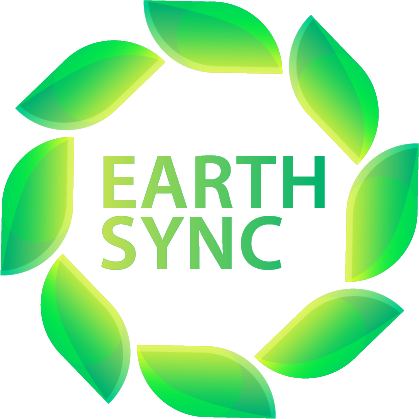The Organic Revolution from Waste to Wellness
In an era where sustainability is not just a choice but a necessity, the organic products emerging from the recycling of organic wastage stand as powerful symbols of innovation, resourcefulness, and environmental stewardship. This transformative process not only mitigates the environmental impact of waste but also opens the door to a myriad of organic products that contribute to healthier lifestyles and a greener planet.
1. Nutrient-Rich Compost:
At the heart of organic wastage recycling lies the creation of nutrient-rich compost. Compost, derived from decomposed organic matter, serves as a natural fertilizer, enhancing soil quality and promoting healthier plant growth. This eco-friendly alternative to synthetic fertilizers reduces the reliance on chemical inputs in agriculture, resulting in more sustainable and nutrient-dense produce.
2. Organic Fertilizers and Soil Conditioners:
Beyond traditional compost, recycling organic waste yields specialized organic fertilizers and soil conditioners. These products are meticulously crafted to provide plants with essential nutrients, improve soil structure, and foster microbial activity. As a result, they contribute to sustainable farming practices and support the growth of organic agriculture.
3. Natural Pest Control Solutions:
The byproducts of organic wastage recycling include natural substances that act as potent pest deterrents. From neem-based insecticides to garlic and chili pepper solutions, these eco-friendly alternatives help control pests without the harmful environmental consequences associated with synthetic pesticides.
4. Biodegradable Packaging Materials:
Embracing the circular economy, organic wastage recycling leads to the creation of biodegradable packaging materials. Derived from organic sources, these materials offer a sustainable alternative to traditional packaging, reducing the environmental burden associated with plastic waste.
5. Energy-Rich Biomass Fuels:
Certain organic waste materials, through advanced recycling processes, can be converted into biomass fuels. This renewable energy source provides a cleaner alternative to fossil fuels, contributing to reduced carbon emissions and a more sustainable energy landscape.
6. Health-Boosting Supplements:
The recycling of specific organic materials can yield extracts and compounds with health-boosting properties. From natural antioxidants to dietary supplements, these organic products offer a holistic approach to wellness, aligning with the growing demand for clean, plant-based alternatives.
7. Eco-Friendly Textiles:
Recycling organic waste extends beyond agriculture to the fashion industry. Fibers derived from recycled organic materials can be used to create eco-friendly textiles. These textiles are not only sustainable but also promote a circular fashion economy, minimizing the environmental impact of the textile industry.
8. Natural Beauty and Personal Care Products:
Extracts and compounds obtained from organic waste recycling find their way into the formulation of natural beauty and personal care products. From skincare to haircare, these products harness the power of nature without compromising on efficacy, catering to the increasing consumer demand for eco-conscious choices.
Conclusion: A Sustainable Cycle of Wellness
The organic products born out of recycling organic wastage herald a new era of sustainable living. From promoting soil health and sustainable agriculture to providing eco-friendly alternatives in various industries, these products are emblematic of a circular economy in action. As consumers increasingly prioritize eco-conscious choices, the organic revolution from waste to wellness offers a promising path towards a healthier, greener, and more sustainable future.

